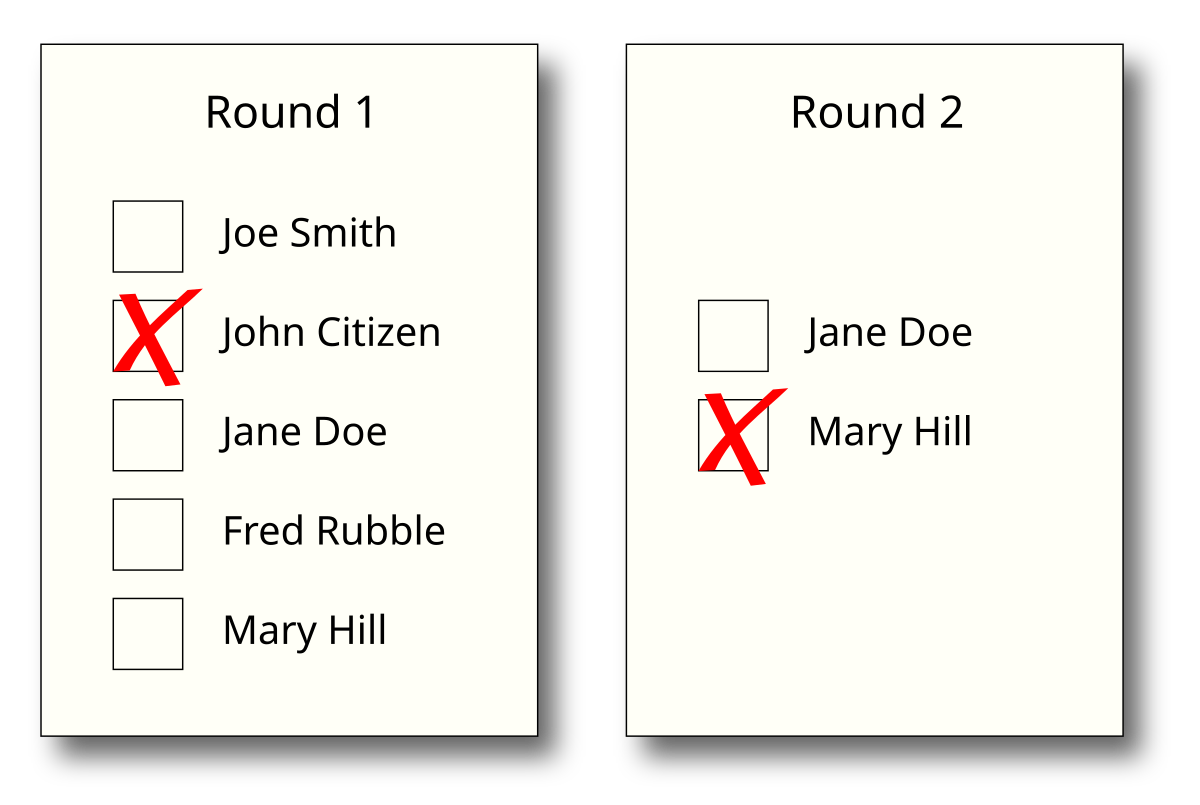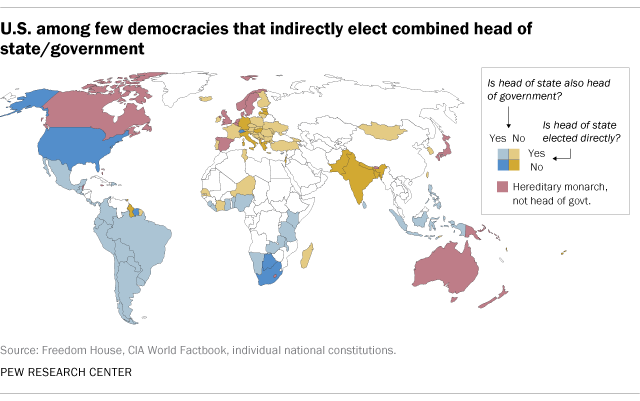Quite a few, but I'll list all of them, and you can pick out the 'western democracies'.
Those that do have a run off system, such as Brazil where the majority wins via a second direct ballot once the winners of the first ballot run off are established, not to mention:
Afghanistan, Argentina, Austria, Benin, Bolivia, Bulgaria, Burkina Faso, Cape Verde, Chile, Colombia, Costa Rica, Croatia, Czech Republic, Cyprus, Djibouti, Dominican Republic, East Timor, Ecuador, Egypt, El Salvador, Finland, Ghana, Guatemala, Haiti, India, Iran, Indonesia, Kyrgyzstan, Liberia, Lithuania, Malawi, Moldova, North Macedonia, Peru, Poland, Portugal, Romania, Russia, Senegal, Serbia, Slovakia, Slovenia, Togo, Turkey, Ukraine, Uruguay and Zimbabwe.
See:

en.wikipedia.org
If any of the candidates on the first round receive a majority (>50% rather than a plurality), no need for a run off, but, as I understand it, that rarely happens.




